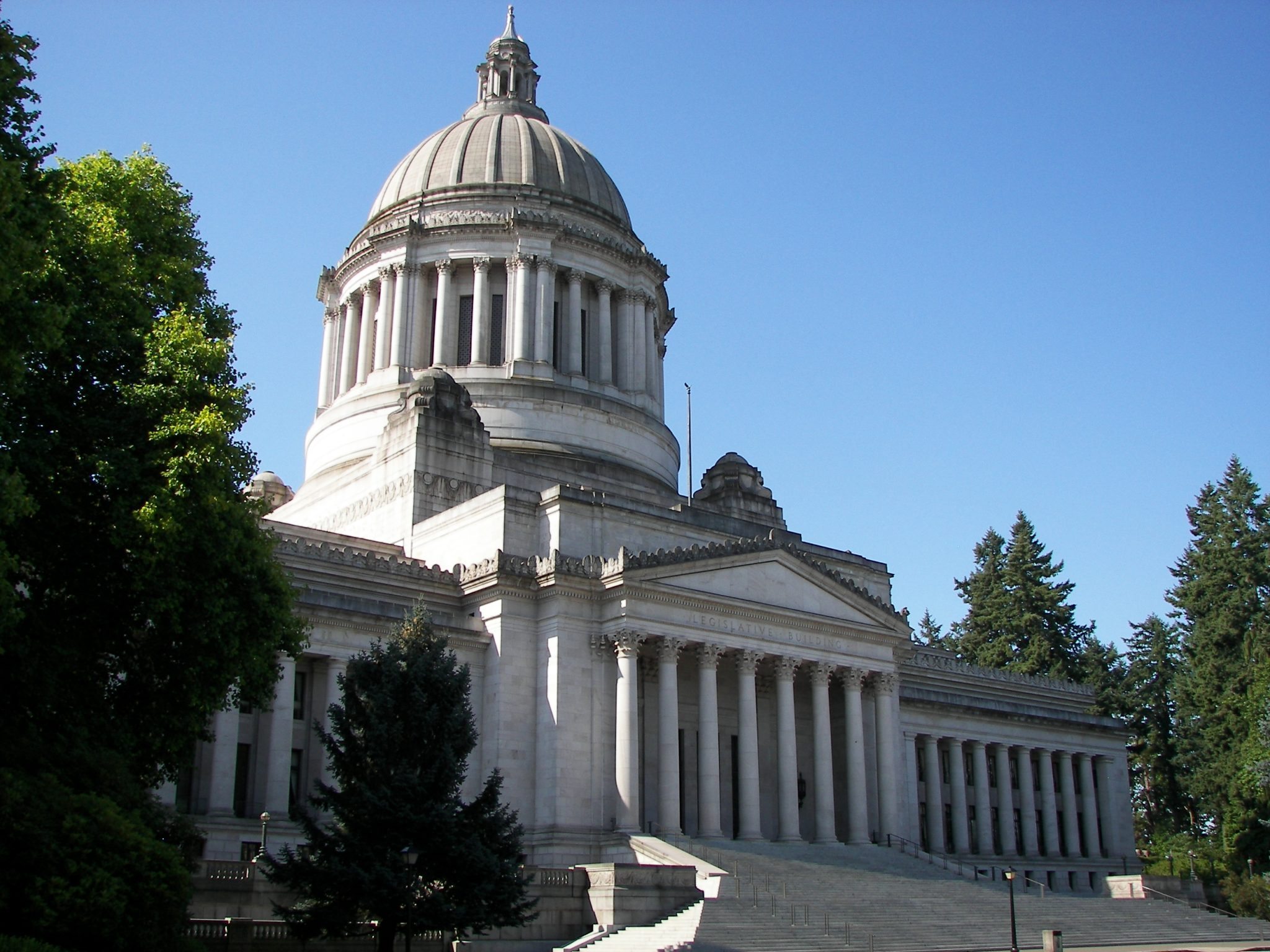Republicans have introduced Senate Bill 5329, a bill that seeks to require state public employee collective bargaining sessions to be open meetings. The push for government transparency would curb the ability of governors (read: Jay Inslee) to reward their top campaign donors with generous contract concessions without public backlash.
Last year, Inslee conceded compensation increases to state employee unions worth nearly half a billion dollars. The huge cost increase comes at a time when state budget writers must deal with pressing issues, including education and transportation funding. Unfortunately, lawmakers do not have a say in contract agreements. They cannot propose amendments. They merely have the ability to vote “yes” or “no.”
The notion of the governor conducting secret collective bargaining negotiations is not a long tradition. The Washington Policy Center points out that only since 2004 has the Governor of Washington has the power to negotiate secretly behind closed doors with state employee unions “to determine how much taxpayers will pay for compensation to government employees.” Prior to 2004, “those spending decisions were made in public as part of the normal legislative budget process, with the opportunity for comment at public hearings, before state officials made employee compensation promises.”
The passage of SB 5329 would be a win for government transparency. It “would subject these negotiations in the future to the state’s open public meetings law, so that the public, media and lawmakers could see what tradeoffs and promises are being proposed before the final agreements are reached.” SB 5329 would allow Washington State to join several other states in a similar transparent process used “when deciding the compensation of government employees and the amount of tax dollars required to fund the agreements.”
Taxpayers have every right to know how their hard-earned tax dollars are being used. They “should be allowed to follow the process and hold government officials accountable for the spending decisions they make on [their] behalf.” The Washington Policy Center,
A broader conversation should occur about how the relatively new state collective-bargaining process, which took effect in 2004, is working. Even if mandatory government collective bargaining is retained, lawmakers should end the shroud of secrecy that surrounds the current negotiations.
While debate continues about subjecting these negotiations to the state’s open meeting law, at a minimum any documents prepared by the state including offers and counter-offers submitted by the state or unions should be publicly available before each meeting occurs, so the public can know what promises and tradeoffs are being proposed that will be funded with their tax dollars.




